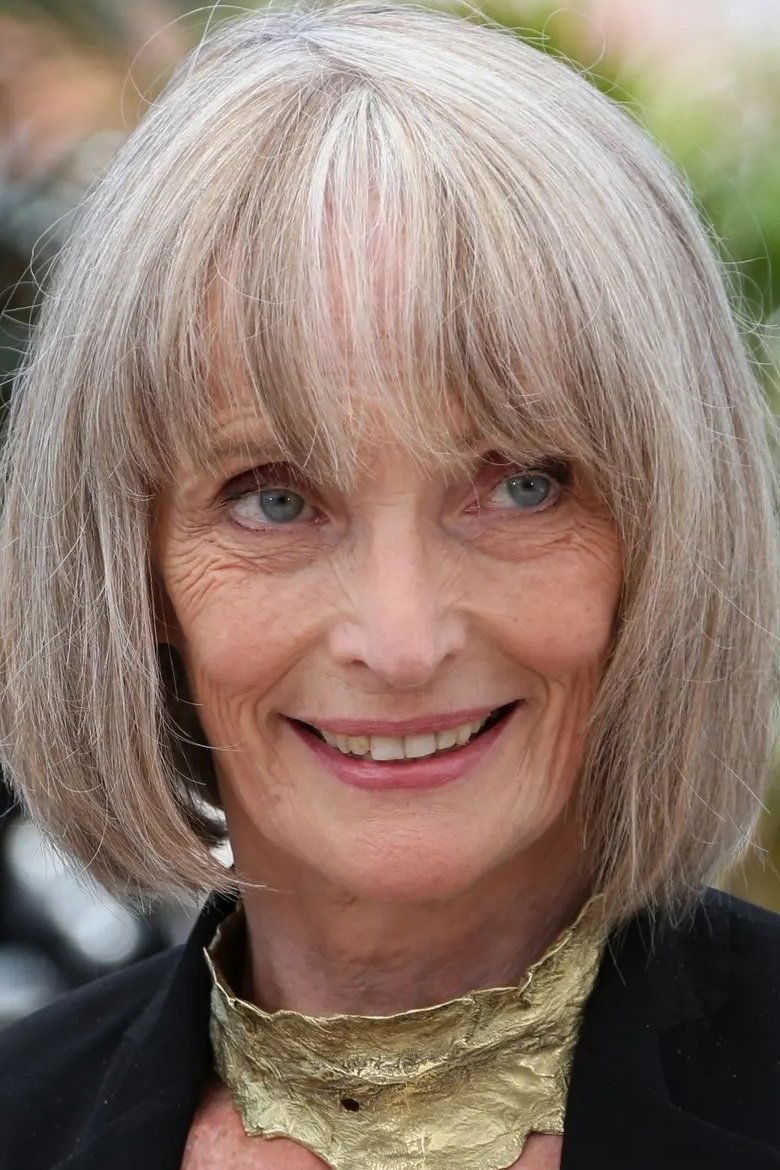
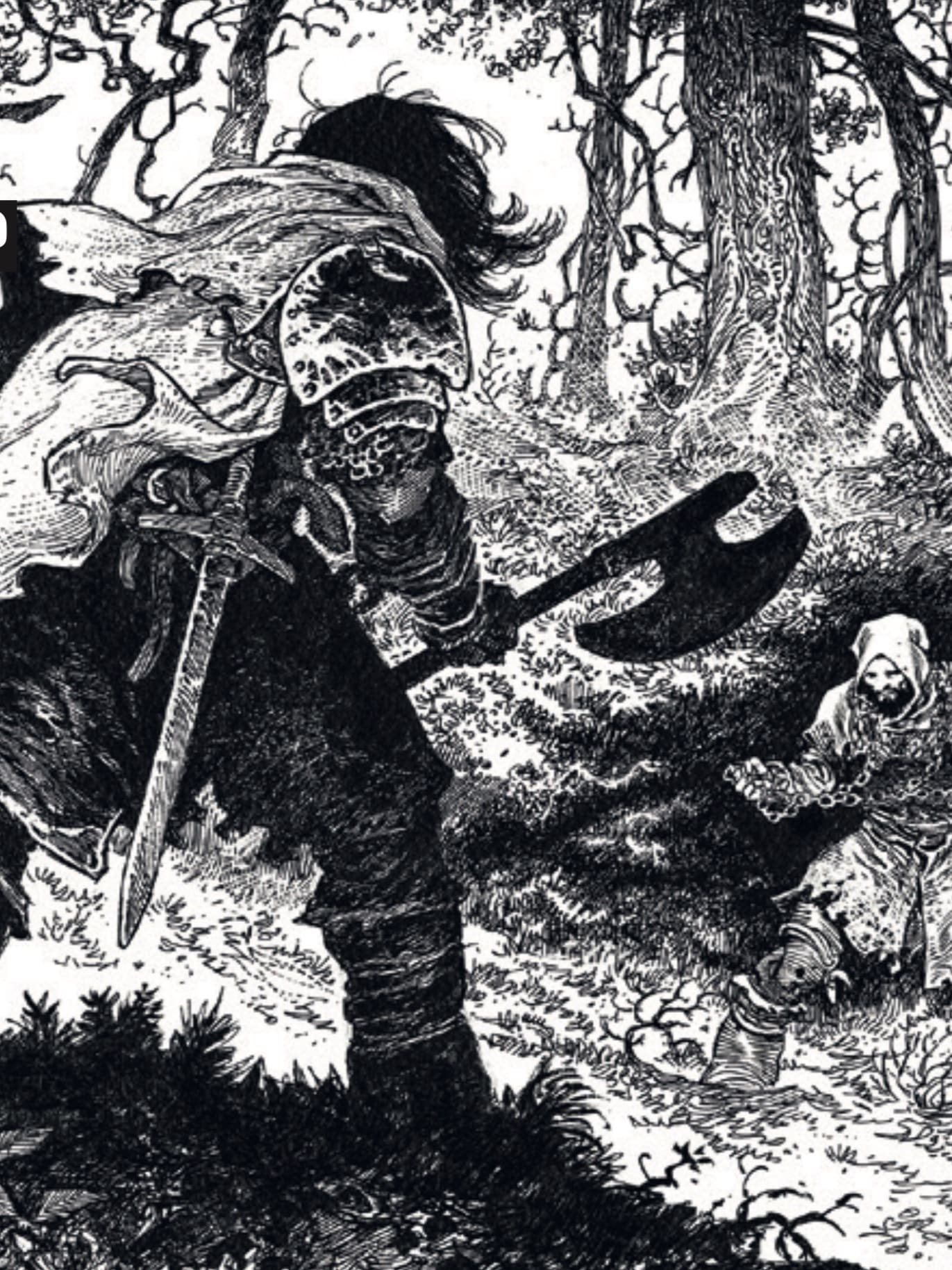
The story unfolds in the winter of the year 1215. A mysterious stranger who has escaped from prison arrives in a tiny, remote village in the kingdom of France plagued by famine and leprosy, and ruled by an ageing lord, a former hero from the Crusades, Lord Ocam. Together with his horde of knights, Ocam abducts a young girl from the village in order to exert his droit du seigneur over her. A handful of villagers, backed up by The Stranger, attempt to release her, but they only have until nightfall…
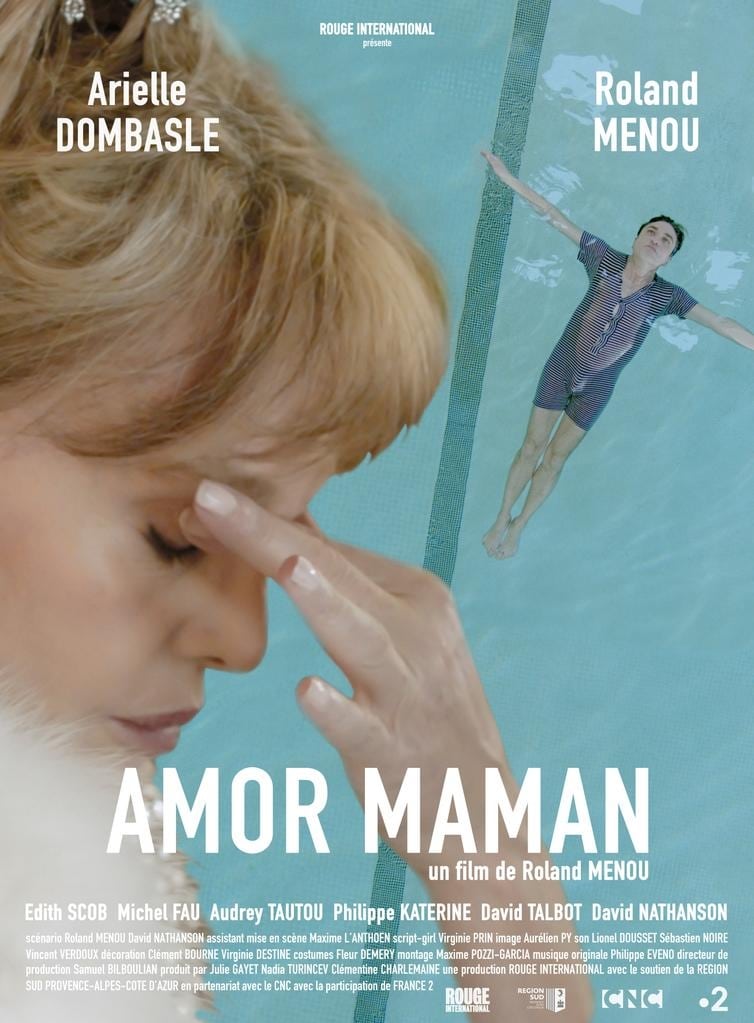
Roland is forty years old. Solitary and a bit lunar, he thinks he will discover one morning that he is the hidden son of Arielle Dombasle. He decides to go to meet his mother who will reject him, run away from him, then little by little get attached to him.

A man tries to make his wife fall in love with him again, after waking up in an alternate reality where she never knew him.
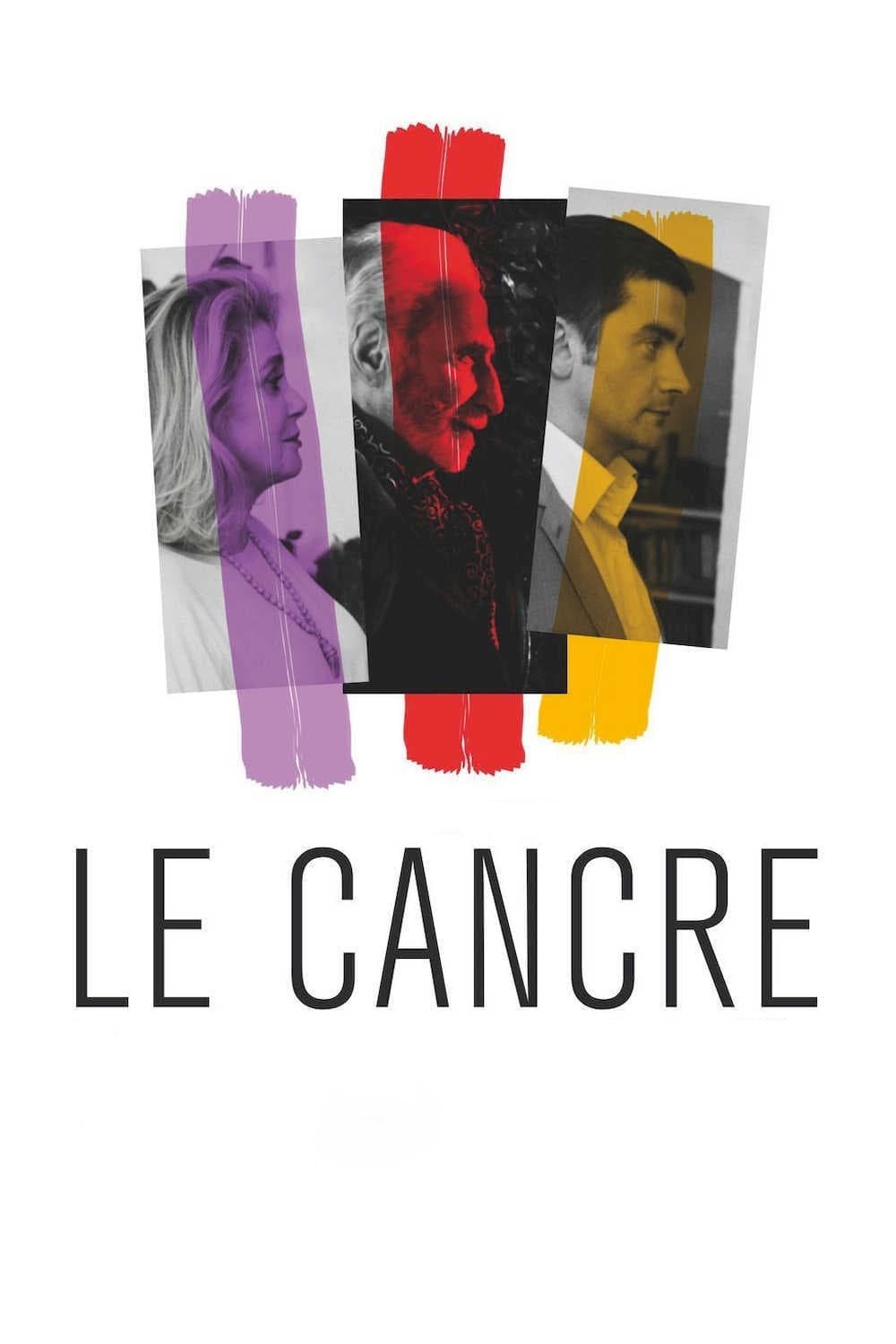
Laurent is seeking a path in life after living his childhood and teenage years in laziness. He has a conflictual relationship with Rodolphe, his father, and both are too emotional to express their mutual affection. Despite the women of his life hanging around him , Rodolphe has but one obsession: meeting Marguerite again, the first love of his life.

Nathalie teaches philosophy at a high school in Paris. She is passionate about her job and particularly enjoys passing on the pleasure of thinking. Married with two children, she divides her time between her family, former students and her very possessive mother. One day, Nathalie’s husband announces he is leaving her for another woman. With freedom thrust upon her, Nathalie must reinvent her life.
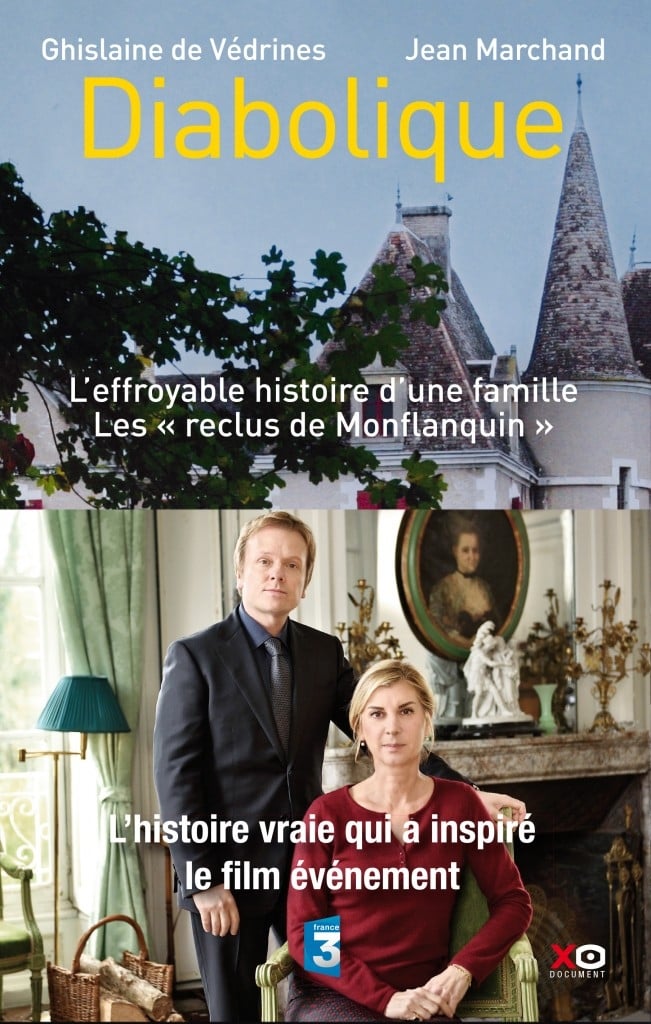
1997 - An old notable French provincial family falls under the spell of a manipulator with no scruples able to make a whole family become paranoid.
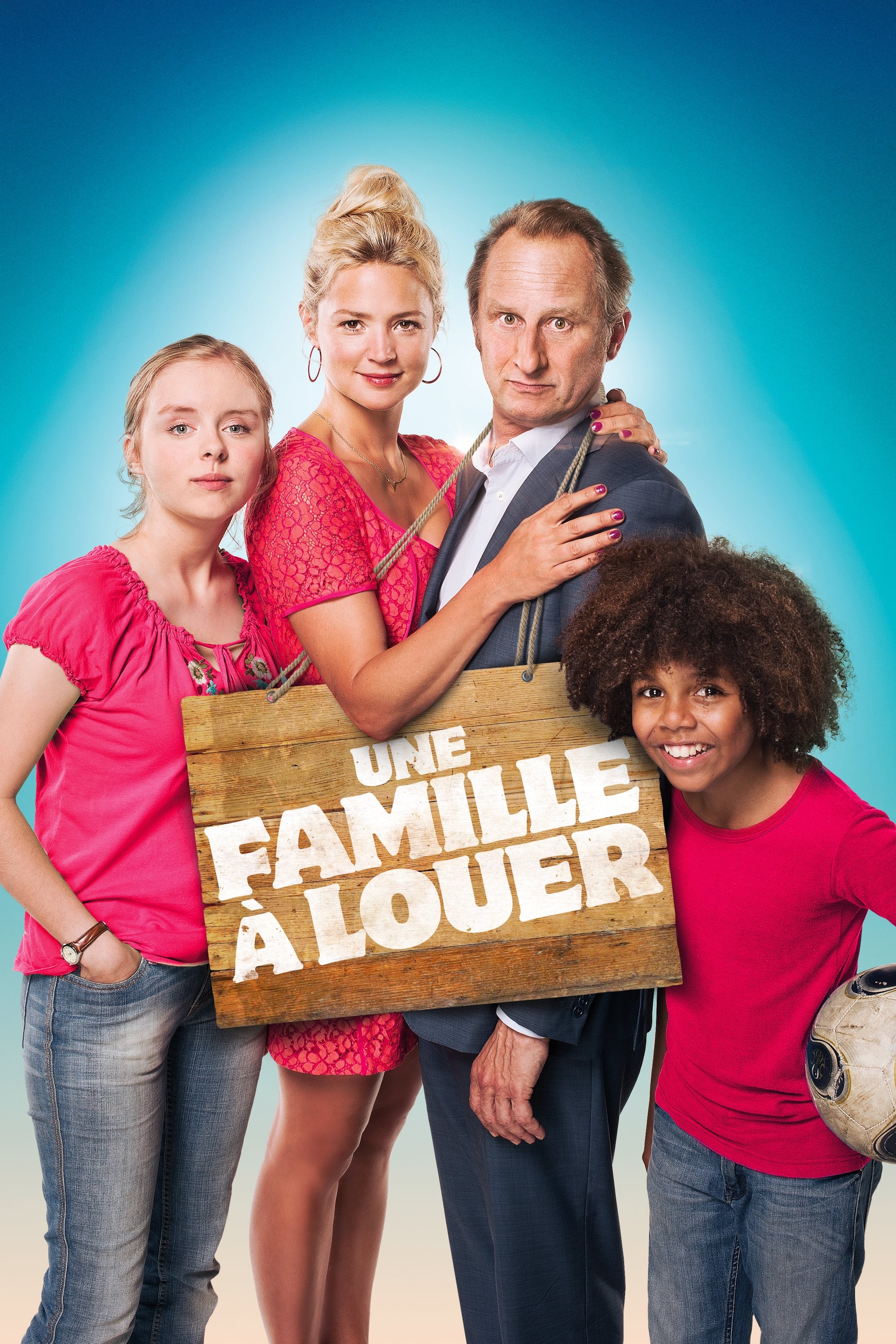
Forty-year-old Paul-André is a timid, rather introverted man. Rich but alone, he is deeply bored and ends up concluding that what he needs is a family. Violette, a forty-year-old full of energy, is threatened with eviction and is afraid she'll lose custody of her two children. Paul-André then proposes a totally above the board contract to rent the family in exchange for him paying off Violette's debts. For better and for worse..
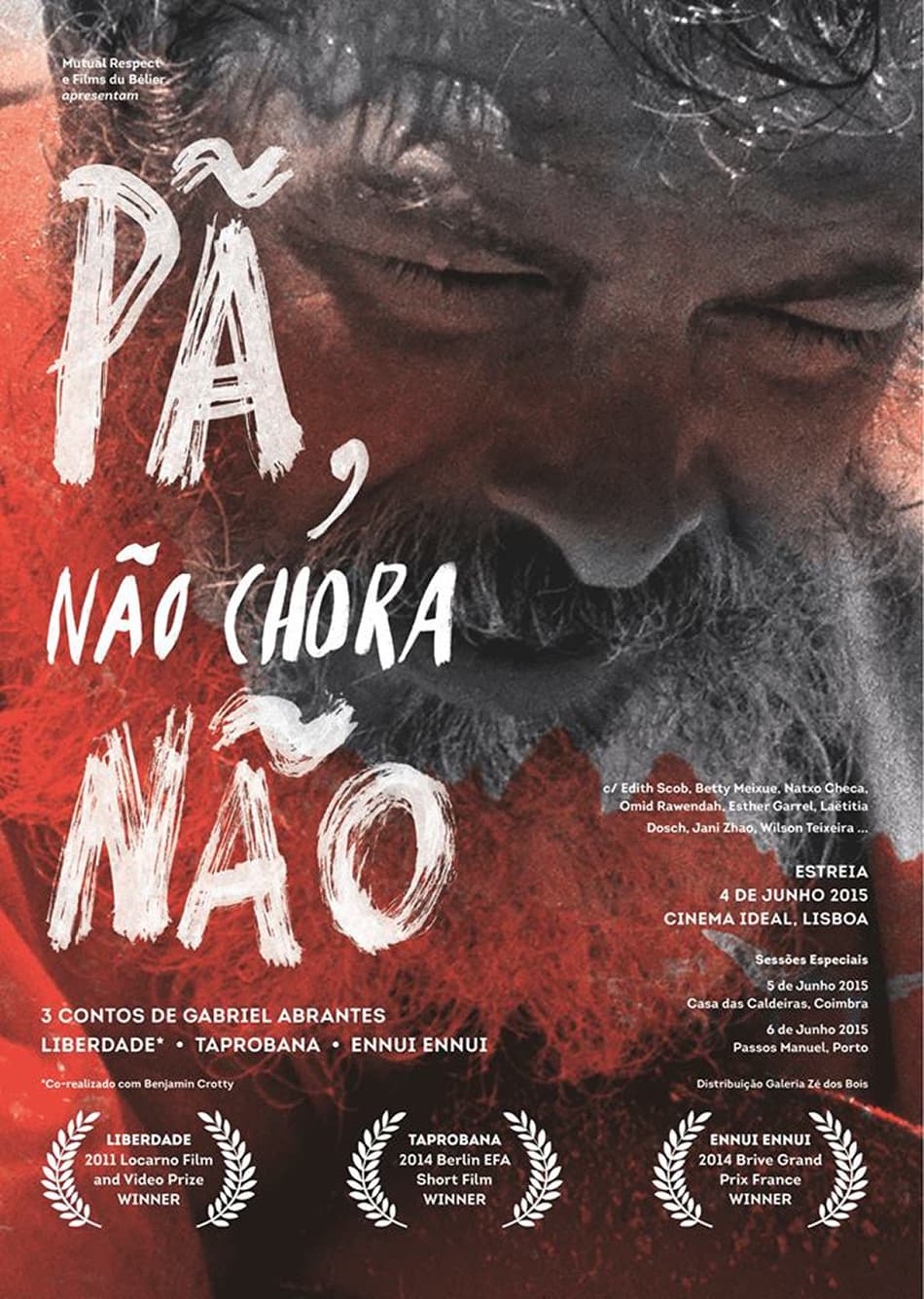
In this short comedy, Luis Vaz de Camoes, the greatest Portuguese renaissance poet, struggles creatively while engaging in a hedonistic, coprophagic, and drug addled lifestyle. The film follows the poet, and his lover Dinamene, as he writes his masterpiece, the epic poem "Os Lusiadas." He travels from the cacophony of the Indic jungles, surrounded by allegorical elephants and rhyming macaques, to the frontier of Heaven and Hell, where he is confronted by his fantasy: fame and immortality.
The French Trilogy showcases a series of 62 photographs taken by Philippe Terrier-Hermann with 25 actors in 6 French regions echoing his previous project, The American Tetralogy. Questioning the relationship between cinema, landscapes and representations, this project features a song by Edward Barrow and was visible in public space in France during the summer of 2013, through a distribution system borrowing from advertising strategies.
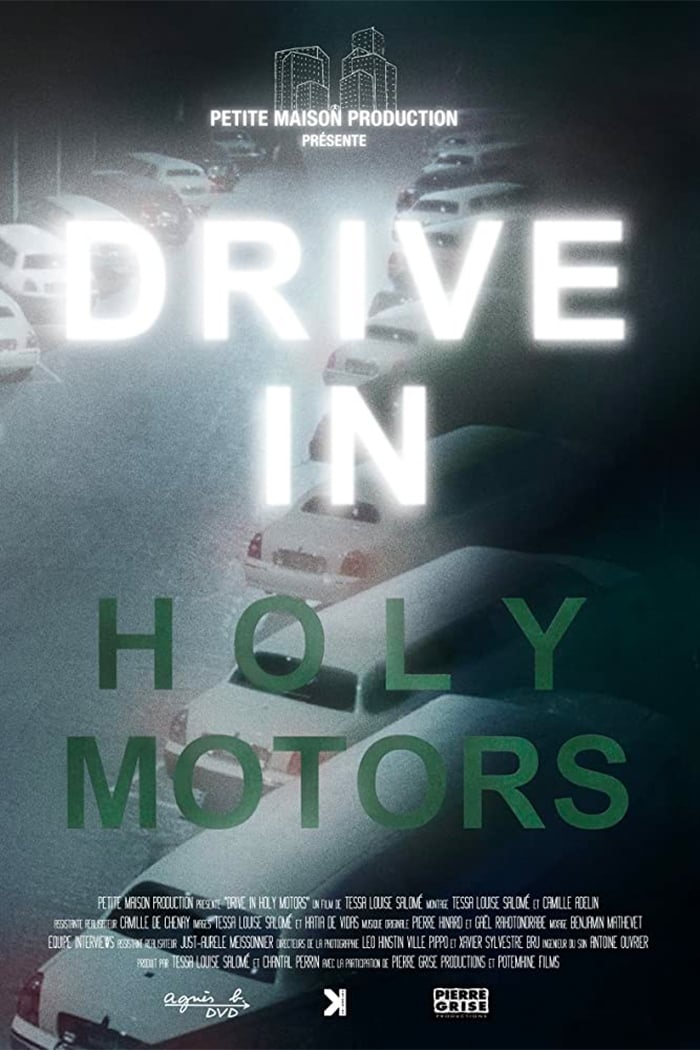
A making-of documentary of Leos Carax's Holy Motors. Present during the shoot, Salomé catches exacting and inspiring moments of the production and adds interviews with its main participants (the actors Denis Lavant, Edith Scob, and Kylie Minogue, and the cinematographer, Caroline Champetier).
Édith Scob (21 October 1937 – 26 June 2019) was a French film and theatre actress, best known for her role as the daughter with a disfigured face in Eyes Without a Face (1960). Scob was born Édith Helena Vladimirovna Scobeltzine, the granddaughter of a Russian Army general and White Russian émigré. Her father was an architect and her mother a journalist. Her elder brother, Michel Scob (1935–1995), was a French cycling champion and Olympian. At age 14, she underwent treatment for anorexia. Her love of literature inspired an interest in theatre. Scob was studying French at the Sorbonne and taking drama classes when she was cast in her first role. She and her husband, composer Georges Aperghis, have two sons, Alexander (born 1970) and Jerome (born 1972), both writers. Scob died in Paris on June 26th, 2019. No cause of death was given. Scob made her debut in theater in 1958 with the play Don Juan directed by Georges Vitaly but she gained a high profile early in her career when she appeared in Eyes Without a Face (1960). She was twice nominated for the César Award for Best Supporting Actress for Summer Hours (2008) and Holy Motors (2012). Following the civil unrest in France of May 1968, Scob founded an avant-garde theatre in Bagnolet with her husband, composer Georges Aperghis, with the goal of introducing more culture to the most disadvantaged people. Source: Article "Édith Scob" from Wikipedia in English, licensed under CC-BY-SA.
By browsing this website, you accept our cookies policy.